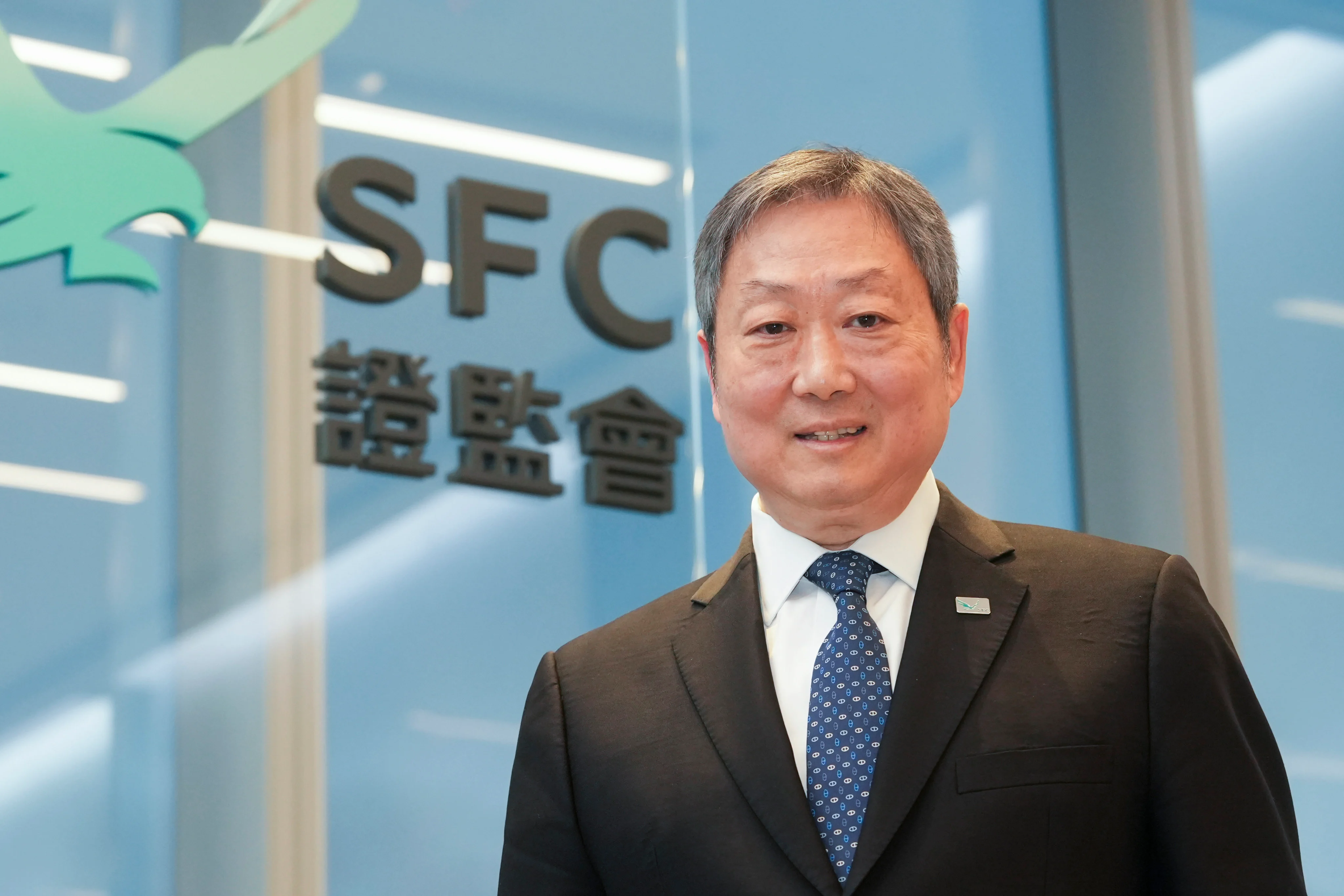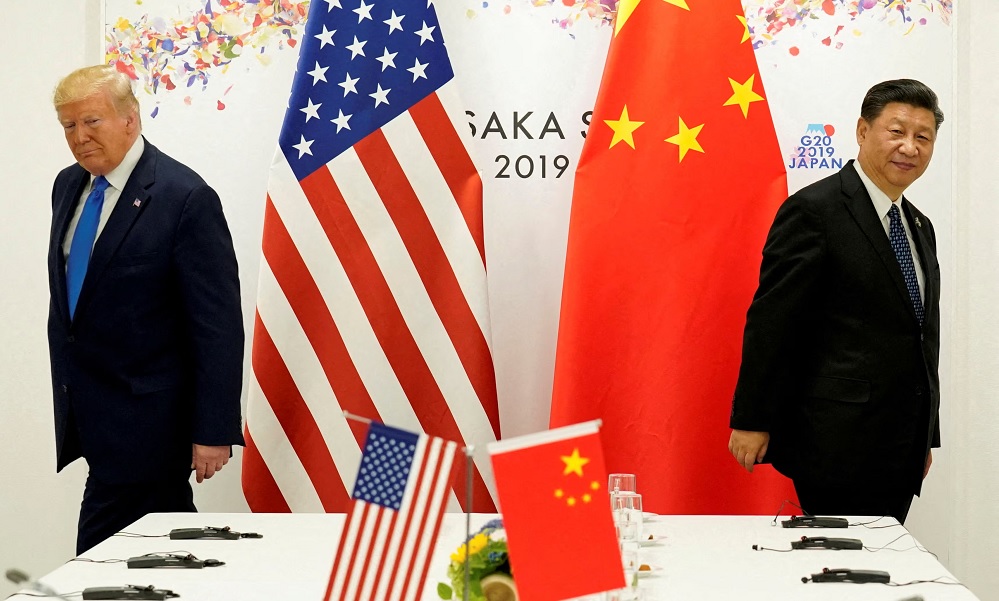Copyright scmp

Hong Kong’s market regulator is conducting a comprehensive review of the listing regime to attract more innovative companies, while also closely monitoring how firms use digital assets as part of their treasury operations, according to the chairman of the Securities and Futures Commission (SFC). “These ongoing reviews will promote the market development of Hong Kong while at the same time ensure sufficient investor protection is in place,” Kelvin Wong Tin-yau said in a media briefing on Tuesday. There was no timeline for when the review would be finished, he said. Chief Executive John Lee Ka-chiu in his policy address last month indicated that the SFC and bourse operator Hong Kong Exchanges and Clearing would carry out a comprehensive review to enhance the city’s initial public offering (IPO) market, which reclaimed the top global ranking this year. Wong said the review had yet to be concluded, but the direction had been set to make sure it would allow more diverse enterprise listings under a framework introduced in 2018, which allowed pre-revenue biotechnology firms and companies with multiple voting rights to list. “The regulatory principle here is to ensure the overall market quality of Hong Kong,” Wong said. “The reform will focus on whether it can allow more companies to list under the regime while at the same time ensuring fair treatment to investors.” Currently, only innovative technology companies with a minimum valuation of HK$40 billion (US$5.14 billion) are qualified to list under a weighted voting rights regime, which grants certain shareholders higher voting rights than others. Wong said the HK$40 billion threshold could potentially be lowered to allow smaller but high-potential companies to qualify. However, he expressed great concern about changing the current rule that limits voting rights so that one class of shareholders cannot hold more than 10 times the voting power of others. Many start-up founders and senior executives want greater voting rights to secure control over their companies. “If the ratio would increase substantially – allowing one class of shareholders to have significantly higher voting rights than others – it may not be ideal as retail investors may not have any say in major acquisitions or other corporate actions,” he said. “We would like to ensure good corporate governance, where minority shareholders are treated fairly.” He also said “innovative companies” would need to be carefully defined to avoid non-technology firms from abusing the system. Wong said the SFC was also closely monitoring the issue of digital asset treasury (DAT), which refers to how listed companies use digital assets, such as cryptocurrency, to manage excess cash or how listed firms seek to make digital assets a core part of their business. “The SFC is concerned about whether DAT companies’ share prices are traded at a substantial premium above the cost of their DAT holdings,” he said. There were cases in the US that “showed that the premium could be very high, which may add risks to investors trading in these stocks”. Wong added that Hong Kong retail investors may not fully understand the related risks in these DAT companies. HKEX recently challenged the plans of at least five companies seeking to pivot to DAT-focused strategies as their core business, citing rules that prohibited excessive holdings of liquid assets, according to a Bloomberg report last week. DAT strategies met similar opposition in India and Australia, the report said. “The SFC is closely monitoring DAT developments,” Wong said. “We caution investors to fully understand the underlying risks of DAT.” The SFC will strengthen public awareness and investor education on DAT and its risks, he added. Wong, who turned 65 last week, is in the first year of a three-year term as SFC chair that began in October last year. The former deputy managing director of Cosco Shipping Ports was the first former executive of a listed company to chair the market watchdog. The previous three chairmen – Tim Lui Tim-leung, Carlson Tong Ka-shing and Eddy Fong Ching – were all accountants. Reflecting on his first year in the role, Wong said his major achievement was working with 985 staff at the SFC to ensure orderly market trading despite high volatility and trading volumes. “Trading and settlement were smooth even when the market turnover reached a record high of over HK$600 billion on certain days,” he said. “The current short-selling activities represent only 1.8 per cent of the total market capitalisation, which is very healthy.” Meanwhile, SFC chief executive Julia Leung Fung-yee, 65, was expected to receive a two-year extension at the end of the year, sources said. Wong declined to confirm Leung’s extension, but said the CEO and executive director of the SFC were not bound by the commission’s retirement age of 65.



